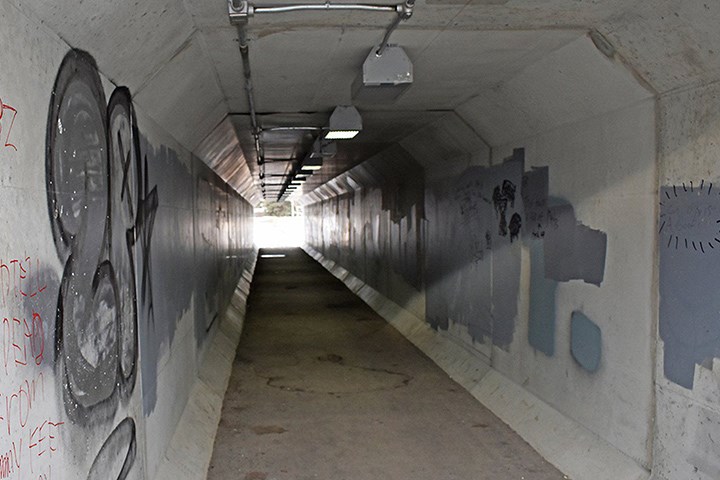The tribal chair of the Tsilhqot’in National Government is speaking out against Williams Lake city council for its most recent push to have prolific and repeat offenders face tougher jail sentences.
“Their proposed way of dealing with crime is only going to cause crime to escalate,” Tl’etinqox Chief Joe Alphonse said. “You want to get tough, get tough on drug dealers.”
Over the past couple of years, Williams Lake city council has lobbied for the electronic monitoring of prolific offenders even agreeing to lease 10 GPS electronic tracking anklets in May 2018.
City council’s latest efforts have recently involved calls for a public inquiry into the ‘weak and ineffective judicial sentencing of prolific offenders’ which has received the support of the Cariboo Regional District, MLA Lorne Doerkson and MP Todd Doherty.
“When you throw these (offenders) in, you think you’re being tough on them and you’ve thrown away the key, but what you’re creating is hardened criminals and that’s been proven over and over again, just not here but internationally.”
Mayor Walt Cobb told Black Press Media that council is tired of the court’s revolving door and wants to see an overhaul of the system, including more supports for those in need.
“Not only are we asking the courts to be more vigilant when it comes to these prolific offenders but to make sure when and if there is an issue, because many of these cases have drug problems, they have mental health issues, that the help is given to them if in fact they’re needed,” Cobb said.
An online survey is underway on the city’s website asking participants four questions relating to offenders being released into the community.
“I think the city’s approach and the survey that they put out there is an absolute joke,” Alphonse said.
He believes Williams Lake city council needs to take a different, innovative approach that allows culture, recreation, sports and education to flourish. And, one that engages with the Indigenous communities where many of the offenders come from.
“They’ve never done that before. They form these groups with no consultation. It’s a waste of time and a waste of money.”
His community embarked on developing its own justice program in early 2018. At the time, eight of 14 prolific offenders identified in the Wiliams Lake area were from Tl’etinqox.
“There’s probably nobody that’s had to deal with more prolific offenders than myself in the province of B.C., and you want to deal with them by having a one on one sit down,” Alphonse said. “I doubt all these people have ever had the courage to do that, and I don’t mean courage in terms of being not afraid. I mean the courage to listen to what the real problems are and what the solutions maybe are.”
Nearly all of the offenders were directly involved under the care of the B.C. Ministry of Children and Family Development, Alphonse said.
Some never learned to read and write, and today only know how to sign their name using their initials.
“It’s heartbreaking some of the stories you’re going to hear,” he said.
Cobb said Alphonse has the right to his opinion.
“He can deal with the criminals in his community and I’ll deal with the criminals in mine.”



